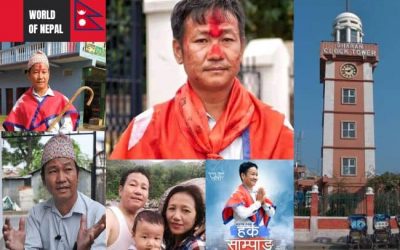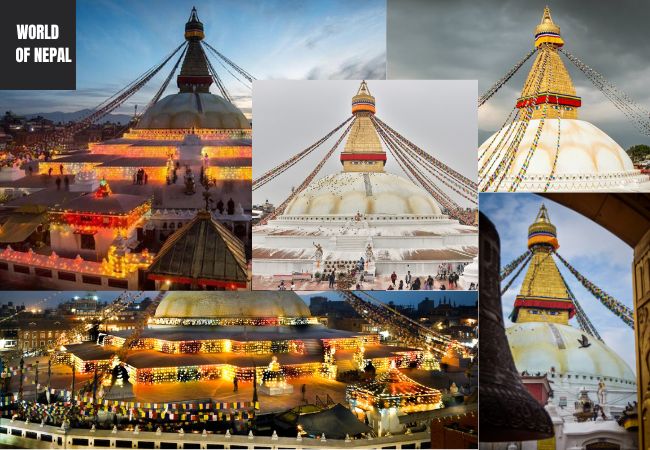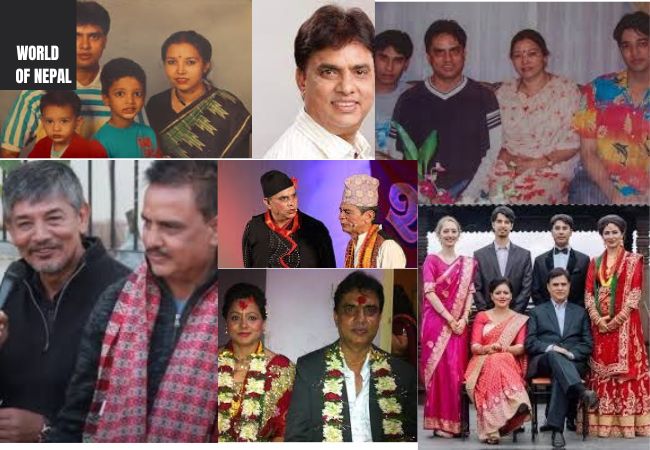Essay on Teej: Women’s Hindu Festival
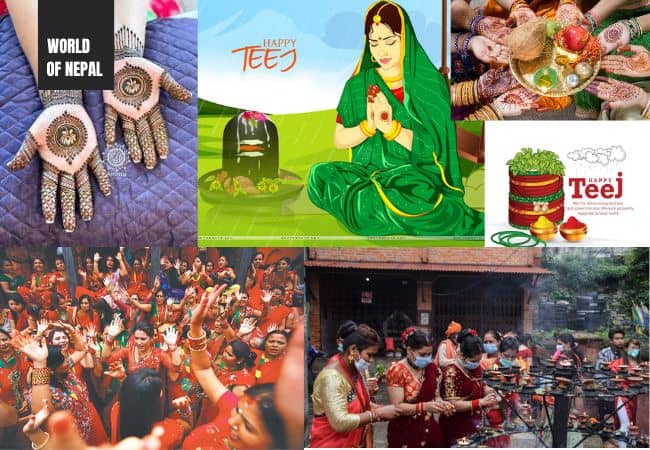
Women’s Hindu Festival Teej – Loaded with happiness [2024 Updated]
Essay on Teej: Nepal is a multi-ethnic, cultural, and religious country, home to people of various cultures and ethnicities. The most significant cultural traditions of Nepal are festivals, feasts, and social celebrations.
As Nepal is rich in religious and social diversity, many festivals are celebrated with great joy and happiness. Likewise, Dashain, Tihar, Teej, and Lhosar are some of the important festivals celebrated in Nepalese culture.
Teej: Women’s Hindu Festival:
Teej is one the most important Hindu Festivals and a women’s festival celebrated in Nepal and North India. Women celebrate this festival for their marriage to be successful and happy and for their husband’s longevity. Teej is normally celebrated on the third day of Bhadra Shukla Paksha i.e. falls in early September or late August as per Nepali Calendar.
Also, it is a monsoon festival celebrated in India’s western, northern, and western states of India and Nepal. Teej is a three-day festival. Teej is the festival devoted to Parvati and celebrates her union with Shiva. It is celebrated for the happiness of spouses and children.
It is especially celebrated by women from various castes of Nepalese society, particularly the Bahun, Chhetri, Kiratis, and others.
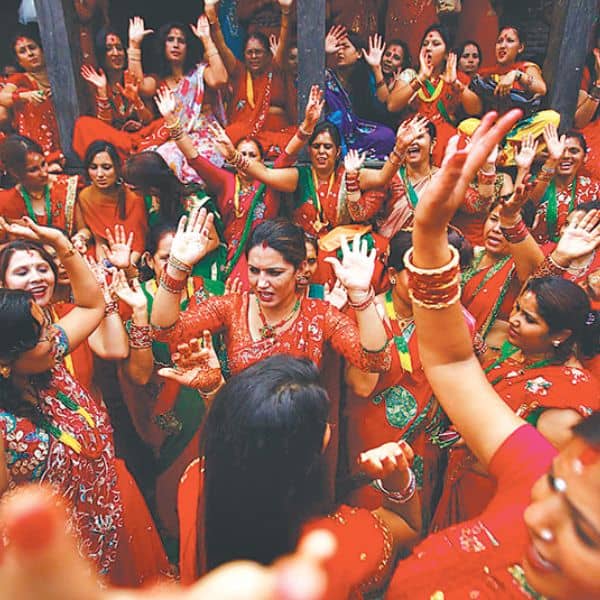
First Day of Teej
The first day of Teej is called Dar Khane Din. On this day the women assemble at one place in their finest attire and start dancing and singing devotional songs. Amidst all this, the grand feast takes place. What is unusual about this day is that the feast is hosted by men. Women, who work hard throughout the year, do not have to do anything that day.
Women enjoy tasty food items, the term ‘Dar’ refers to heavy or more foods that women eat the day before fasting.
Second Day
Fasting Day, the second day of the teej is the most important day of the festival. Women fast till midnight on the second day, both married and unmarried women fast on this day. Some women stay to strict fasting without having fruits and a single drop of water, while others take fruits and water.
Third-Day
Women wake up early on the third day and take a bath. and perform a puja to Diyo with bana and holy basil. After puja, they break their fast by eating solid food. Ganesh Chaturthi is another name for this day. The Rishi Panchami focuses on the purity of women, it is a time when women remove themselves from the “sin of touching a man during menstruation”.
Nepal: Happy New Year 2081 || Wishes, Messages, Quotes
Hi, I’m Sandika Rijal, and I have been working as a Content Creator for the last 2 years. I will be writing about my beautiful country Nepal, and its famous places, and people. Hope you will enjoy reading my articles!


